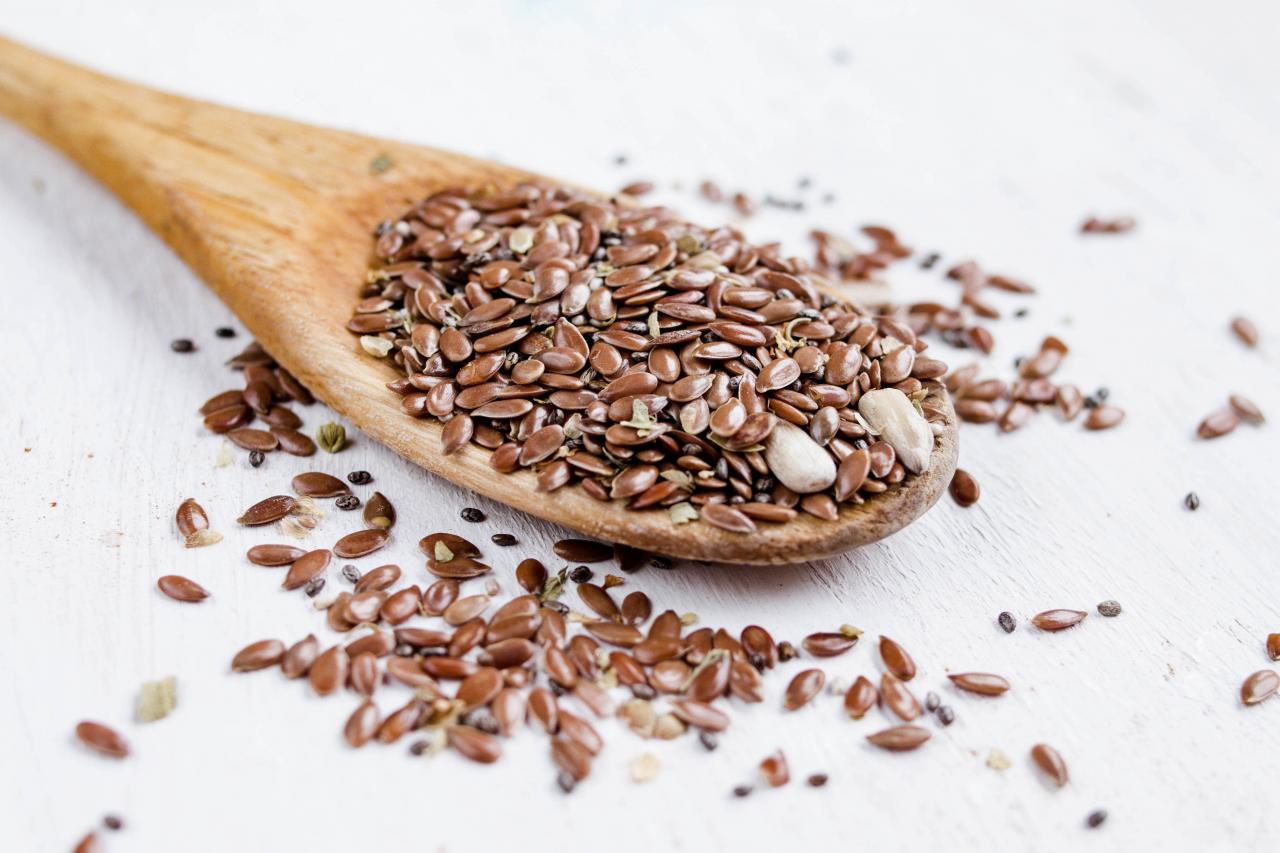Most women have probably heard menopause described as a horror story of symptoms with dreaded hot flashes topping the list. Menopause is often called “the change” because the start of menopause marks the beginning of a new chapter in a woman’s life when bearing a child is no longer possible.
While the changes that take place leading up to menopause can be uncomfortable and distracting, the first thing to remember about menopause is that it is a normal, natural part of life that all women experience. Typically, menopause occurs between the ages of 45 and 55 although the symptoms of menopause can begin several years earlier. The average age for menopause is 51.
How hormones work
To understand why menopause happens, you first need to understand how the female reproductive system works. When a girl goes through puberty, her body begins producing higher levels of the hormones that will regulate her reproductive cycles as she becomes a woman. Hormones are chemicals created by the body to control various functions. When the brain sends out the signal, hormones are released to carry the message to the appropriate organ or gland. One important source of hormones in a woman’s body is the ovaries. In addition to making and releasing eggs each month, the ovaries produce the hormones estrogen and progesterone that help get the uterus ready each month so an egg can implant if it is fertilized.
Estrogen and progesterone work together to thicken the walls of the uterus and encourage extra blood vessels to grow to prepare the body for possible pregnancy. Each month, if an egg does not get fertilized and implant in the uterus, the hormone levels drop off which triggers the extra blood vessels in the uterus to retract. This causes the thickened lining to drop away and leave the body as part of the woman’s menstrual flow or period.
Hormone changes during pre-menopause
As a woman reaches her 30s and 40s, the ovaries start to release fewer eggs and production of hormones decreases. This time when hormone levels are tapering off is sometimes called perimenopause or pre-menopause. During pre-menopause, the lower levels of estrogen and progesterone can cause noticeable changes including periods that can be heavier or lighter and longer or shorter than normal. As long as a women is still having periods, however random they may be, it is still possible (though unlikely) to get pregnant.
Other symptoms include:
• Hot flashes
• Night sweats
• Vaginal dryness
• Mood swings
• Memory or concentration problems
• Depression
• Headaches
• Trouble sleeping
• Fatigue
• Thinning hair
• Increased fat around the abdomen
• Loss of fullness in the breasts
The severity of these symptoms varies drastically from one woman to the next. Many women find that symptoms decrease after the first one or two years as the body gets used to the lower levels of hormones.
Reaching menopause
A woman is said to actual reach menopause when it has been a full 12 months since her last period. Once that time has passed, she should no longer be able to get pregnant. For some women, reaching menopause gives a sense of freedom because they no longer have to worry about having a period or getting pregnant. Other women are sad because they feel that menopause means their lives are almost over. In reality, many women still have almost half their lives left after the onset of menopause. Reaching menopause also does not mean that a woman is no longer sexual. Many women find that they enjoy sex more after menopause.
Some women find that the symptoms of perimenopause are difficult to manage or too uncomfortable to live with. Others have concerns about conditions such as osteoporosis that can develop as hormone levels drop. Articles to follow will discuss options for hormone replacement therapy including the possible benefits and risks of traditional and bio-identical hormone replacement therapy.
Sources:
AARP Health Encyclopedia
Mayo Clinic
National Institutes of Health: Medline Plus




